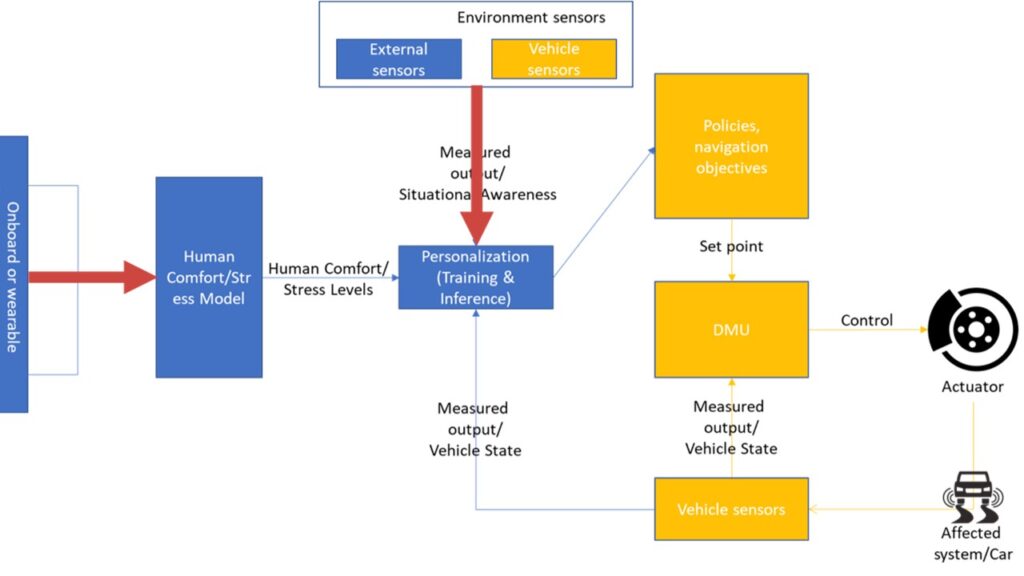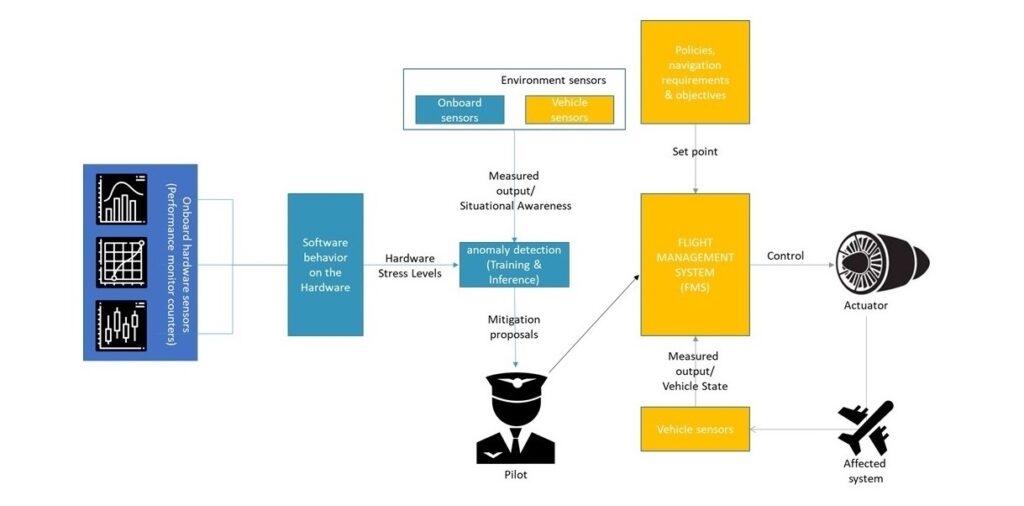It is well recognized that autonomous systems have the potential to deeply affect every aspect of the modern society including business, industry, science and education.
These systems can increase quality of life for everyone, transform mobility, raise productivity, reduce cost, improve resource use, and enhance human safety. The technology enabling autonomous systems is advancing at pace, from self-driving cars and nuclear maintenance robots to drug delivery and diagnostics, long-distance shipping and protection from cyberattacks. Automation can be used to operate Cyber-physical Systems of Systems (CPSoSs) comprising complex, multi-faceted and dynamic virtual and physical resources, with minimal or reduced human intervention. However, even when the most advanced degree of autonomy is exercised, the human is a variable that cannot and should not be left out of the CPSoSs equation, especially in safety critical scenarios. Humans interact with the autonomous system either as passive end-users of the service being delivered (such as passengers in autonomous transportation), or as active co-operators in a mutual empowerment relationship towards a shared goal (e.g. in industrial assembly lines). Such human centric autonomous system of systems demand properties such as adaptivity, dependability (safety, security, reliability) and privacy. Still, generating an environment where the human and the cybernetic entities collaborate synergistically in which the latter provide the former with a comfortable and dependable interaction driven by the implicit feedback provided by the human throughout his/her physiological reactions to CPSoS operation is challenging. If positively exploiting, such inescapable human factors (such as cooperative, interconnected and autonomous system of systems), have the potential to be a game changer in multiple domains with obvious economic and societal benefits.
The big advantage of the TEACHING project is that it deals with the needs, comfort and well-being of the human at the core of the CPSoS operation. Furthermore, it investigates methodologies enabling secure, dependable autonomous CPSoS process. TEACHING is an EU-funded project leaded by an ambitious young team from University of Pisa (UNIPI) bringing together ten (10) leading specialists from industry and academy. It aims at advancing the state of the art for technologies critical to autonomous systems, particularly in ML/DL modules, IoT, computing engineering, dependable, secure and safe engineering approaches. Furthermore, it emphasises the Artificial Intelligence (AI)-human-CPSoS links, leveraging on human perception for adaptation and optimisation of autonomous applications.
The TEACHING results will be exploited in automotive and avionics domains. Both of those pose a clear autonomous challenge with high dependability needs while maintaining the human link. These two use cases will provide demonstrators of AI-based autonomous transportation applications of safety-critical nature. Furthermore, these case studies will also provide a demonstrator showing how the TEACHING system can identify, resist and compensate for threats and failures, including cyberattacks, hardware failures and deteriorations of the AI modules due to continuous learning aspects. In this context, the focus on cybersecurity will be on data provided by the sensors incorporated in the CPSoS systems of the TEACHING’s two use cases. Although different, the similarities of the two use cases in terms of their main structural components (i.e., sensing, cyber and control layers) are obvious.


Leveraging its substantial expertise in the cybersecurity domain, in this project ITML will focus on developing ML-based learning modules/application that ensures the CPSoS’s dependability from cybersecurity perspectives to detect, manage and counteract cyber-security attacks. More specifically, the work will focus on the anomaly detection performed at the sensing layer of the CPSoSs (i.e., on the data ingested to the system by on-board, environmental and wearable sensors), which enables the communication of the system with its environment, but which at the same time increases the risks for cyberattacks. In addition, this approach will also be analysed for feasibility of application for other dependability features, such as safety or reliability.

If you are interested in learning more about the TEACHING project, please contact us at Siranush Akarmazyan siranush@itml.gr

This project has received funding from the European Union’s Horizon 2020 Research and Innovation program under grant agreement No 871385.
